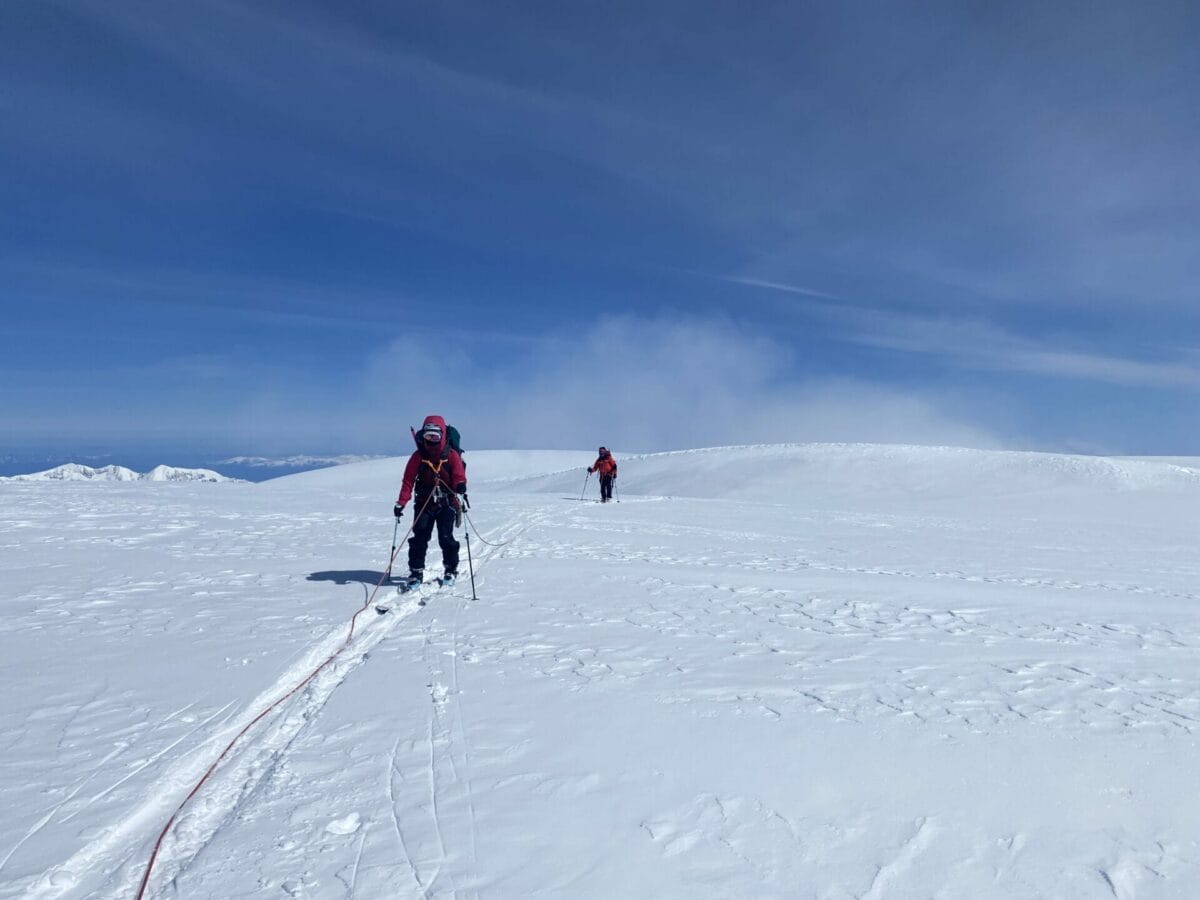
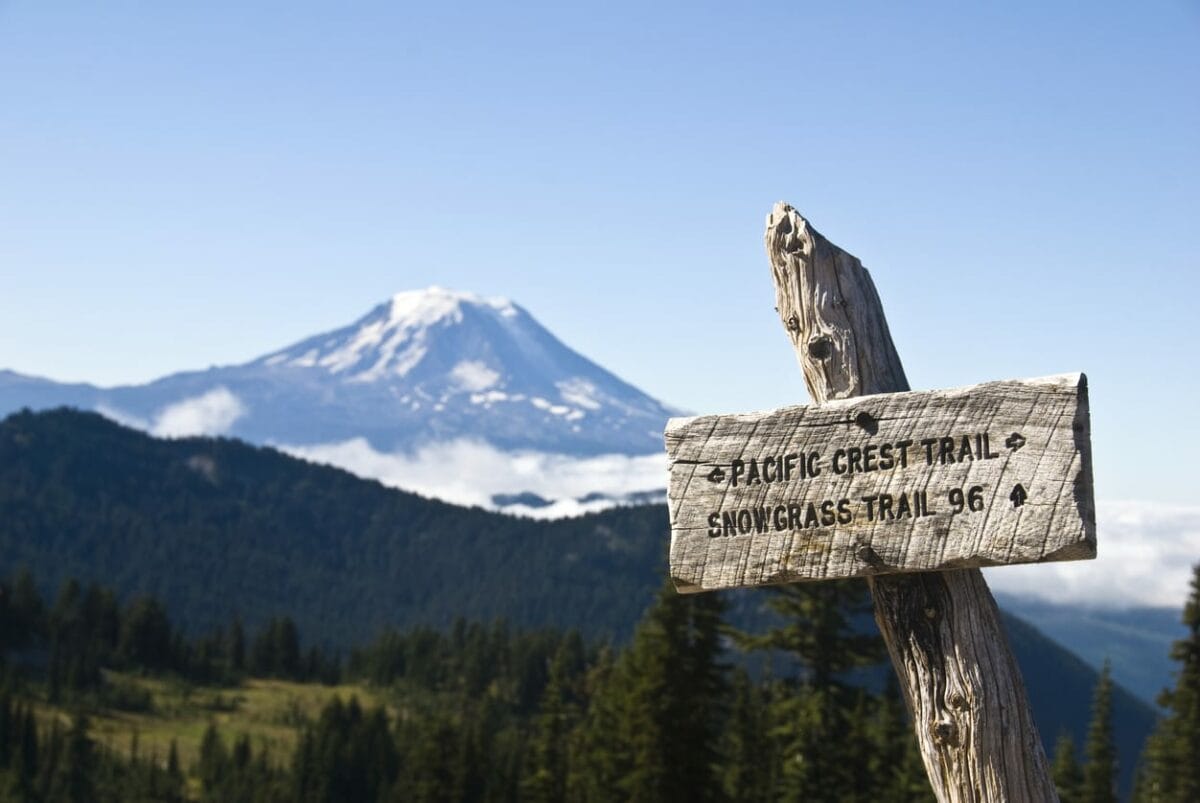
The ketogenic diet, a high-fat, very low-carb diet, has become popular as a nutritional tool for supporting healthy blood sugar control, weight loss, brain health, and, in some cases, athletic performance.
Some backpackers are interested in using this diet to facilitate their performance on the trails. Thru-hikers and backpackers who hike established long-distance trails are also interested in the ketogenic diet because it can enable them to lighten the load of their food and support sustained energy and endurance.
In this article, I’ll discuss the pros and cons of keto backpacking so you can decide whether this nutritional approach makes sense based on your backpacking goals.
Please note that I am an affiliate for some of the products I’ve linked to in this post. If you click the link here and make a purchase, I may earn a commission at no extra cost to you.
Please note that I am an affiliate for some of the products I’ve linked to in this post. If you click the link here and make a purchase, I may earn a commission at no extra cost to you.
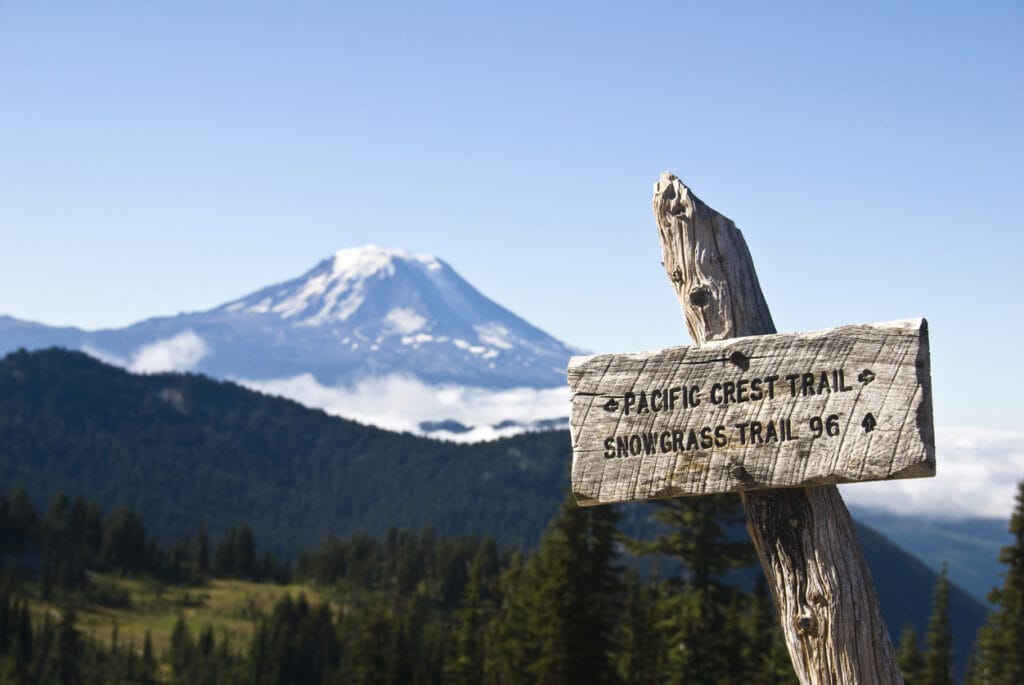
A ketogenic diet is a high-fat, very low-carbohydrate diet that was initially developed and researched in children with epilepsy. (Source)
Typically, this diet provides approximately 75-80% fat, 15% protein, and 5-10% carbohydrates, but this can be personalized to the individual. Generally, total carbohydrate intake is about 20-50 grams of carbs daily.
The dramatic shift in carbohydrate and fat intake on a ketogenic diet (relative to a conventional moderate or high-carb diet) causes the body to produce ketones from fats, including body fat and fats consumed in the diet. Ketones are small water-soluble molecules used for energy by various body parts, including the brain and heart. Ketone production occurs primarily in the liver and, to a lesser extent, in the kidneys. (Source)
Nutritional ketosis, the form of ketosis instigated by a ketogenic diet, is distinct from diabetic ketoacidosis. In nutritional ketosis, blood ketone levels exist in the 0.5-5.0 mmol/L range. Diabetic ketoacidosis, on the other hand, is a severe complication of diabetes that can be life-threatening and occurs when a lack of the hormone insulin causes the body to tap excessively into ketone production, causing a massive rise in ketones in the bloodstream. In diabetic ketoacidosis, ketone levels may rise to 15 mmol/L or higher, and immediate medical attention is needed.
Now that you understand the basics of a ketogenic diet let’s discuss the potential benefits of a keto diet for backpacking!
Backpacking and thru-hiking require long days spent on your feet, moving steadily. Sustained energy levels are vital for maintaining steady energy levels while backpacking.
Typically, the steady pace of backpacking occurs in a heart rate zone where the body can efficiently use fat for fuel. Therefore, eating a high-fat diet may support the physical demands of a backpacking trip.
Because a ketogenic diet facilitates the body’s ability to burn fat for fuel and reduces carbohydrate intake, it reduces fluctuations in blood glucose that can cause energy variability.
Many people on a ketogenic diet (mainly males, in my experience, more on that in a bit) report sustained energy levels and fewer fluctuations in energy throughout the day. While no research indicates that a ketogenic diet produces more sustained energy levels in backpackers, this is possible.
Some research on athletes suggests that a ketogenic diet may improve endurance exercise capacity, though the research is mixed.
One of the potential mechanisms behind the ketogenic diet’s effect on endurance exercise is that it can increase the body’s ability to burn intramuscular fat for energy; an increased ability to burn fat for energy may reduce the buildup of metabolic byproducts from carb metabolism, namely lactate; in turn, this can reduce the buildup of hydrogen ions (H+) that degrade exercise performance. (Source, Source)
Conversely, a systematic review and meta-analysis of the ketogenic diet in endurance athletes found no effect on VO2 max, time to exhaustion, or rate of perceived exertion (RPE) during exercise. However, a significant caveat here is that many of the studies in this systematic review and meta-analysis were relatively short; it can take multiple weeks for the body to adapt to a ketogenic diet, so these studies may not have been long enough to actually allow subjects to adjust and ultimately experience an improvement in endurance performance. (Source)
1 gram of fat packs 9 kilocalories (kcal) of energy, whereas 1 gram of carbohydrate packs 4 kilocalories. If packing light is a priority for you on your backpacking or thru-hiking trip, eating a fat-oriented diet allows you to pack more calories with less physical weight in your backpack.
The brain has a proclivity for using ketones for fuel; many individuals (again, mainly men, in my experience) report enhanced mental clarity and focus on a ketogenic diet, likely due to ketone utilization by the brain. A ketogenic diet may support mental clarity and focus on the trail, which is crucial for making safe decisions and keeping up your morale! (Source)
For individuals who desire to lose excess body fat to move more efficiently and quickly on the trail, a ketogenic diet may help shed some lbs. Numerous studies demonstrate that a ketogenic diet can help overweight and/or obese individuals lose body fat. Granted, the subjects in these studies often have co-existing health conditions, such as type 2 diabetes. In other words, the weight loss effects of a ketogenic diet may not translate to an otherwise healthy backpacker who simply wants to lose a few lbs. (Source, Source)
Furthermore, if you intend to use a ketogenic diet for weight loss, you must optimize your protein intake to avoid losing muscle mass. A nutritionist who is well-versed in the ketogenic diet can help you determine your optimal protein intake so you can experience the fat loss benefits of this nutritional approach while maintaining a healthy lean body mass.
The ketogenic diet isn’t suitable for every backpacker. Let’s discuss the potential downsides of this nutritional approach for backpackers.
If you intend to try a keto diet while backpacking or through hiking, please do not jump on the diet 2 days before your trip and expect to perform well! It takes at least several weeks to adapt to a ketogenic diet. If you don’t give yourself time to adequately adapt before your adventure, you are setting yourself up for a difficult time on the trail. ‘
In addition, sometimes, the initial adaptation period can trigger temporary discomfort, often called the “keto flu.” The “keto flu” is usually associated with fatigue, nausea, and faintness. These symptoms typically fade over a few days to a week. (Source)
The drop in insulin (the hormone that ushers glucose into your body’s cells) on a ketogenic diet contributes to losing body water. If this loss of body water isn’t counteracted with adequate hydration and electrolyte replenishment, electrolyte imbalances can occur. Electrolyte imbalances are particularly detrimental for active individuals such as backpackers and thru-hikers.
You must stay well-hydrated on a ketogenic diet and consume electrolytes through your food. A sugar-free electrolyte supplement, such as LMNT, may also be highly beneficial.
The fat content of a ketogenic diet can be hard on the digestive system for some people, contributing to issues such as cramping and loose stools. Taking a ketogenic diet on the trail can compound these issues and may even cause constipation if you don’t eat enough keto-friendly high-fiber foods.
To avoid keto-induced digestive distress on the trail, ensure that the keto diet agrees with your digestive system while at home. If it does and you plan to eat a keto diet on the trail, pack high-fiber keto foods such as dehydrated non-starchy veggies in your dehydrated meals, chia seeds, coconut, and other nuts and seeds.
In some individuals, a ketogenic diet can significantly raise total and LDL cholesterol levels, which may have undesirable effects on cardiovascular health. This rise in blood lipids doesn’t happen to everyone on a ketogenic diet; it seems to occur in a subset of individuals who may be genetically predisposed to higher cholesterol levels at high levels of fat intake, often called “cholesterol hyper-responders.”
Whether or not the ketogenic diet-induced rise in cholesterol translates into harm to the cardiovascular system remains to be determined. Still, it is a potential downside worth paying attention to. (Source)
If you are on a ketogenic diet, it is essential to track your blood lipids regularly with biomarker testing ordered through your healthcare provider.
Some evidence suggests that our bodies burn carbohydrates more effectively than fats at altitude because carbohydrate metabolism requires less oxygen (which is in shorter supply at altitude due to the reduced partial pressure of oxygen in the environment). If your backpacking or thru-hiking trip will take you to high altitudes, then a ketogenic diet may not provide the energy you need to perform and feel your best.
If your backpacking or thru-hiking trip involves increases in intensity, a ketogenic diet may hinder your ability to perform well at a higher intensity. As exercise intensity increases, our bodies rely less on fat and ketones and more on glucose for fuel. Since a ketogenic diet is very low in carbohydrates, it is usually insufficient for fueling higher-intensity exercise.
Factors that raise the intensity of your backpacking experience include the weight of your pack, the altitude, the incline of the trail, the ambient temperature, and how fast you are moving. (Source)
In addition, a ketogenic diet may hinder glycogenolysis, the ability of the body to break down glycogen (the storage form of carbohydrates in your liver and muscles) into glucose for energy. In summary, following a ketogenic diet may make it harder for your body to utilize glucose for energy during bouts of intense backpacking. (Source)
The ketogenic diet significantly limits your food options. Common backpacking foods that are a no-go on a ketogenic diet include fresh and dried fruit, grains, beans, and sweeteners like honey and maple syrup. “Food fatigue,” or simply getting sick of the foods one has available to eat, is pretty common on a ketogenic diet in my clinical experience.
Because a ketogenic diet significantly limits one’s intake of vegetables and fruits, deficiencies of certain nutrients such as calcium, magnesium, and potassium are possible. If you’re heading out on an extended backpacking or thru-hiking trip and plan to stick to a ketogenic diet, you’ll need to plan carefully ahead of time to ensure you’ll meet your body’s vitamin and mineral needs.
Consider taking a multivitamin/multimineral supplement with you on the trail for longer backpacking trips. Of course, consult with your healthcare provider or a nutrition professional before starting any supplements like a multivitamin/multimineral; your provider can also help you select one that is high quality and suits your individual needs.
A ketogenic diet is not appropriate for people with the following health conditions or life stages:
I also find that most women, especially premenopausal women, do not do well on a ketogenic diet; therefore, I typically advise against it in this population.
Conditions that warrant close medical supervision:
Curious about what sorts of keto foods you can eat on a backpacking trip? Here are a few ideas:
There are even some pre-made keto backpacking meals available on the market! I recently came across Wild Edge Keto; I love that they offer keto backpacking meals with simple, whole-food ingredients! Next Mile Meals is another company that provides keto-friendly meals.
If you intend to follow a ketogenic diet while backpacking, you must plan and prepare effectively. Your preparation process should include:
A ketogenic diet can be a convenient, tasty, and performance-enhancing dietary option for some backpackers and thru-hikers and a poor fit for many others. If you aren’t experiencing a health condition or life stage that precludes you from eating a ketogenic diet and are interested in tinkering with your diet, it may be worthwhile to try a ketogenic diet.
Are you preparing for a backpacking or thru-hiking trip and need help optimizing your nutrition plan? I can help! Schedule a complimentary discovery call to learn how I can help you prepare nutritionally for your next adventure!
The content provided on this nutrition blog is intended for informational and educational purposes only. It is not a substitute for professional medical advice, diagnosis, or treatment. Always seek the advice of your physician or other qualified health provider with any questions you may have regarding a medical condition. Never disregard professional medical advice or delay seeking it because of something you have read on this blog.
The information and recommendations presented here are based on general nutrition principles and may not be suitable for everyone. Individual dietary needs and health concerns vary, and what works for one person may not be appropriate for another.
I make every effort to provide accurate and up-to-date information, but the field of nutrition is constantly evolving, and new research may impact dietary recommendations. Therefore, I cannot guarantee the accuracy or completeness of the information presented on this blog.
If you have specific dietary or health concerns, please consult a qualified nutritionist or another healthcare professional for personalized guidance.
I empower others through nutrition to conquer their mountain adventures, drawing from my own experiences.
With a background in Biomedical Science and an M.S. in Human Nutrition, I’m a Certified Nutrition Specialist and Licensed Dietitian Nutritionist. My journey in functional medicine has equipped me to work alongside athletes and tackle complex health cases. As a passionate trail runner, backcountry skier, and backpacker, I strive to support others on their paths to peak performance and well-being.






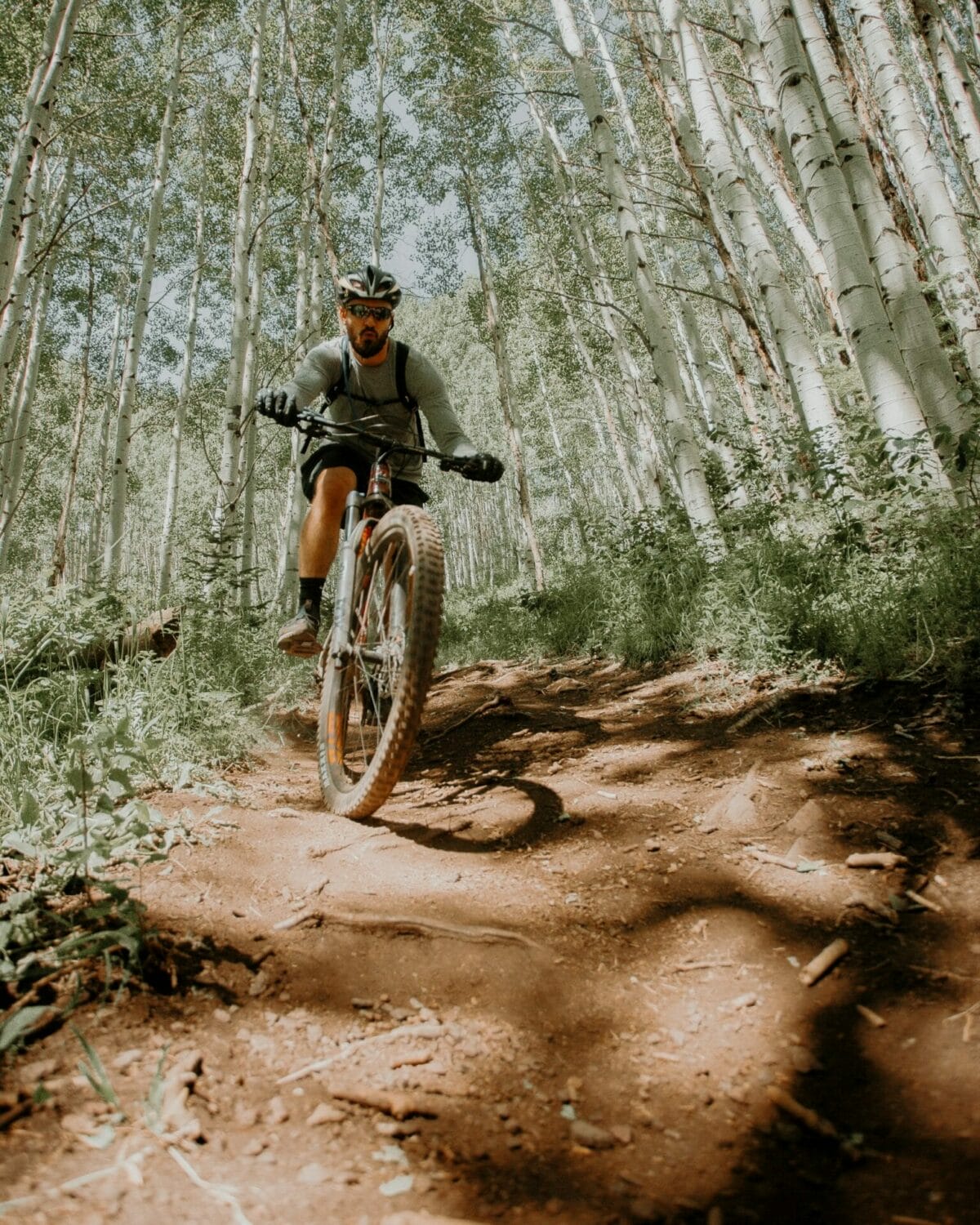
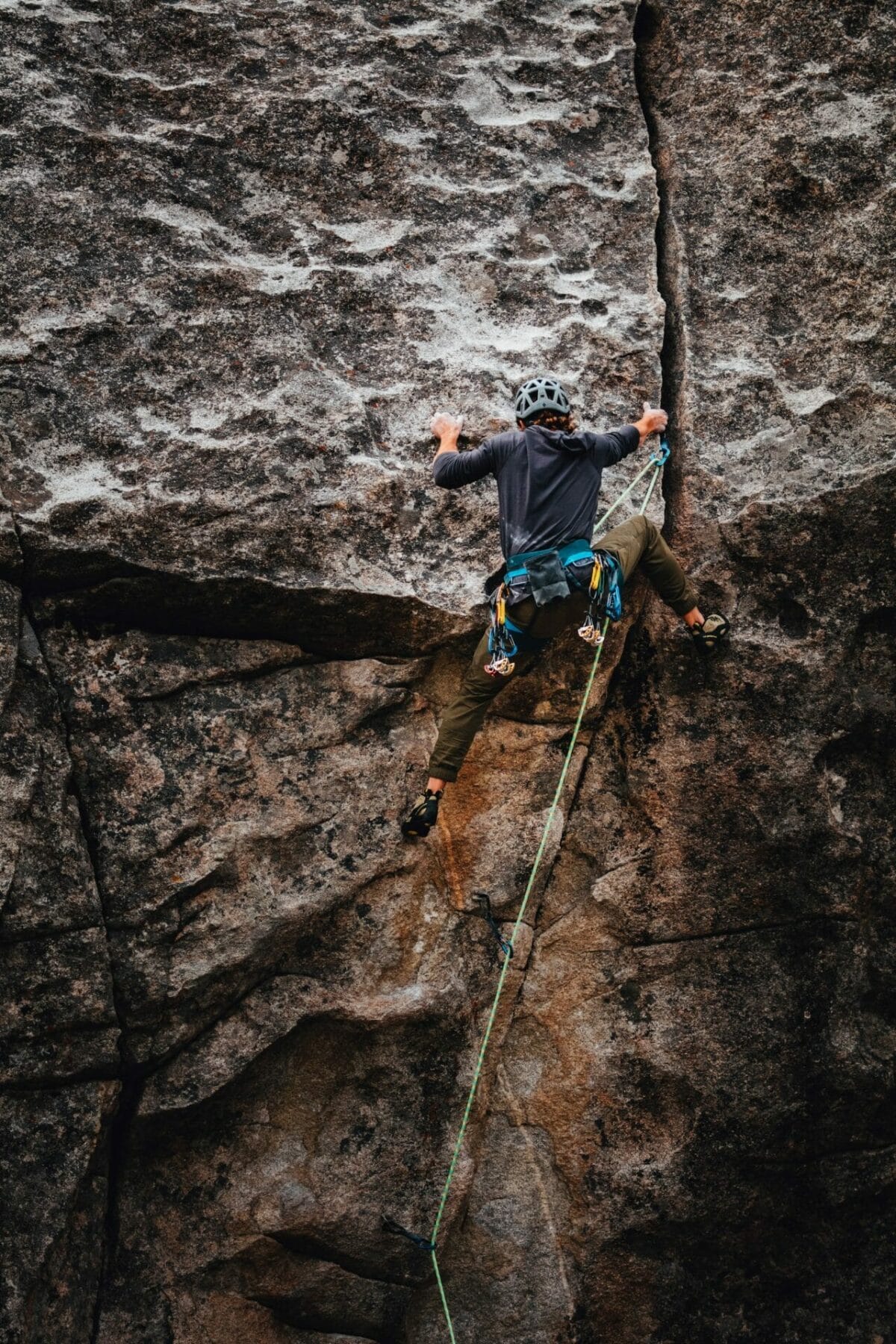
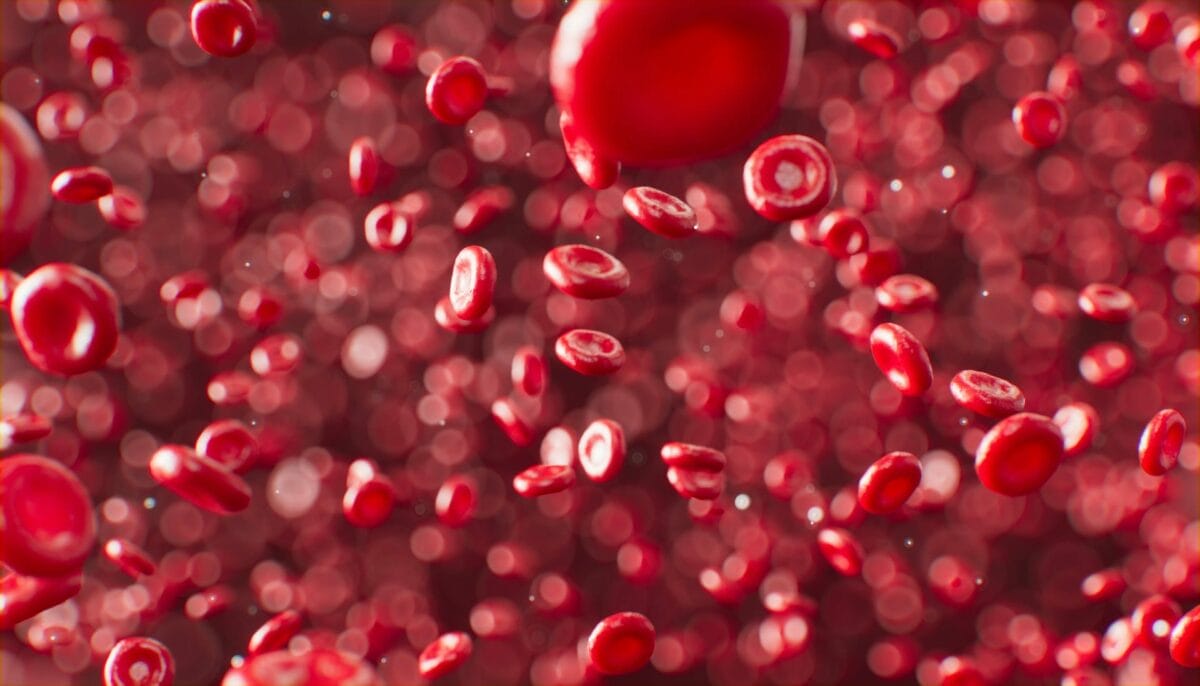
Sign up for updates that come right to your inbox.